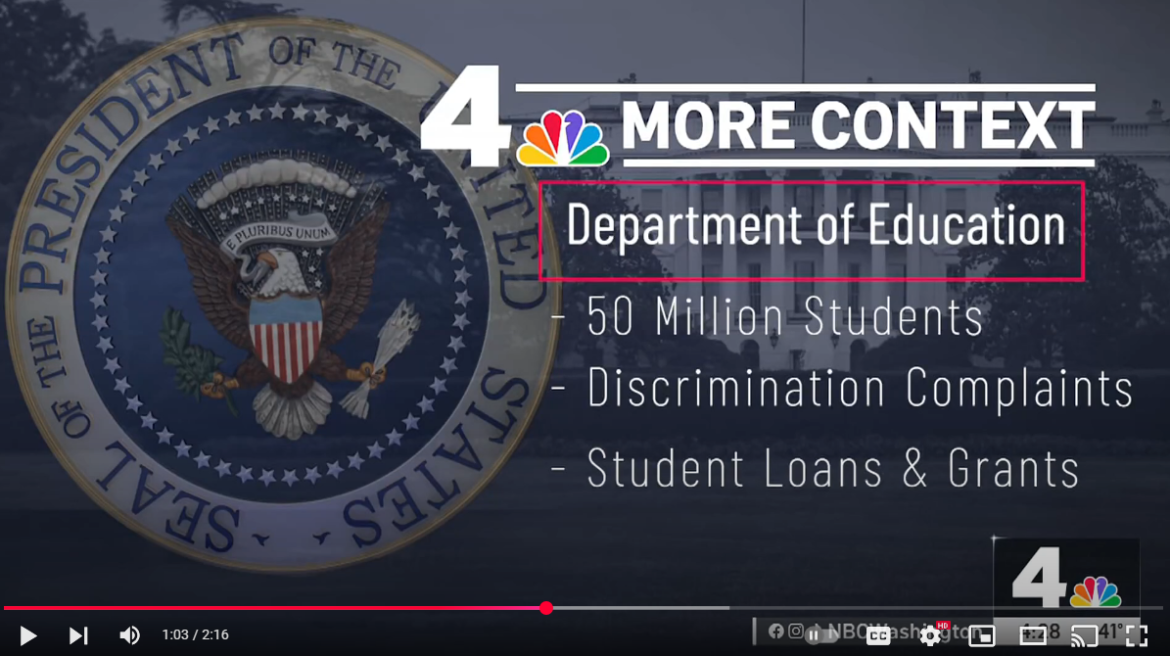In a significant policy shift, President Donald Trump announces plans to substantially restructure the U.S. Department of Education, aiming to reduce federal involvement in education and transfer greater control to individual states. This initiative aligns with his longstanding commitment to diminish federal oversight in favor of localized governance.
The proposed strategy involves substantial budget reductions and the reassignment of key programs to other federal agencies. Notably, the administration is considering transferring the federal student loan program, currently valued at $1.7 trillion, to the Treasury Department. This move is intended to streamline operations and enhance efficiency in managing student debt.
Critics, including Congressman Robert Garcia, a former educator from California, express deep concern over these developments. Garcia warns that such actions could have catastrophic consequences, particularly for programs serving vulnerable populations. He emphasizes that a significant portion of the Department’s budget is allocated to Special Education programs, which could face severe disruptions under the proposed changes.
The administration acknowledges that completely dissolving the Department of Education would require legislative action from Congress, a challenging endeavor given the current political landscape. However, through executive authority, the President can implement measures to significantly reduce the Department’s funding and reassign its responsibilities, effectively diminishing its influence.
This initiative is part of a broader effort led by the Department of Government Efficiency (DOGE), under the direction of Elon Musk. The campaign seeks to streamline federal operations by offering incentives for voluntary resignation to federal employees and consolidating or eliminating certain government functions. While proponents argue that these measures will reduce bureaucracy and enhance efficiency, opponents raise concerns about the potential erosion of essential public services and the undermining of democratic institutions.
As the administration moves forward with these plans, debates intensify over the appropriate role of the federal government in education. Stakeholders from various sectors are closely monitoring the situation, recognizing its profound implications for the future of the nation’s educational system.



